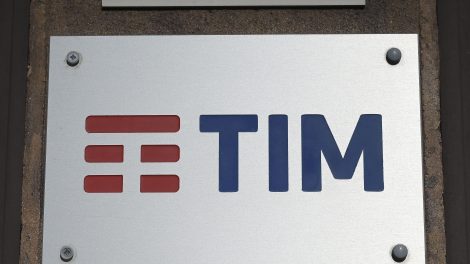Time for European chips. On Tuesday, the European Union’s member States gave their final approval to the Chips Act, geared towards boosting the bloc’s internal market share in semiconductors from 10 to 20% by 2030 and cutting dependence on third countries. This move officially kickstarts the EU’s response to other industrial powers, including the United States and China, by mobilising €43 billion in public and private investments to prop up the European chips industry.
The view from Rome. Enterprise Minister Adolfo Urso greeted the development as “an important step in the right direction” that will “help to catch up with the other major world players” and “act as a driving force for the European and Italian economy.” The Italian government, he added, fully acknowledges “the need for greater strategic autonomy at the European level by supporting investments in new technological frontiers, such as semiconductors, electric batteries, cyber security and artificial intelligence.”
Now, to work. That same day, the minister chaired an operational meeting of the executive’s chips task force to define the strategies and measures of the upcoming National Microelectronics Plan – Italy’s national version of the Chips Act to be presented in the coming days.
- The plan will consist of a package of fiscal measures and red tape cuts to reduce Rome’s dependency on semiconductor imports and make its supply chains more resilient, in line with the broader EU push.
- Il Messaggero anticipated the three core objectives: to attract the most innovative companies in the sector from abroad, to encourage domestic production, and to defend technological sovereignty.
The starting point: Italy has already fielded a nearly €4 billion Microelectronics Fund, explained Minister Urso, which “will promote the reconversion of existing industrial sites and the establishment of new plants in Italy for the research, development and production of microprocessors and investment in innovative technologies,” including through the Italian Center for the Design of Semiconductor Integrated Circuits (ChipsIT) established in late 2022.
Waiting for Intel. The US-based chip titan has been in talks with Italian institutions to open a local plant – devoted to chip packaging, one of the production process’ later stages. Minister Urso said these efforts are “continuing,” seeking to dispel the concerns that Intel’s recently-announced plant in Poland would replace Italy’s.
- The company had already told our sister site in June that the Polish operation does not overlap with the would-be Italian plant. “Interlocutions are open for a possible expansion of the company’s presence in Italy, and we appreciate the Italian government’s commitment to the development of a competitive ecosystem in the microelectronics sector,” a spokesperson had stressed.
- The decision-making process is connected to Intel’s acquisition of Tower Semicondutors, an Israeli company specialising in the production of chips and circuits that operates in STMicroelectronic’s Italian plants in Northern Italy.





